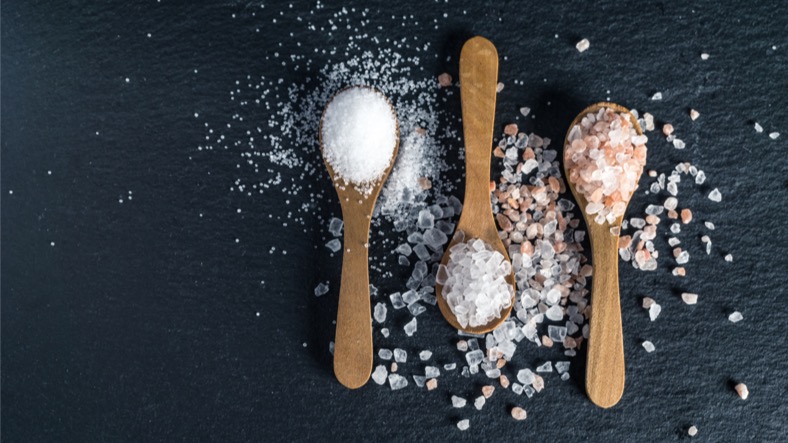Phosphorus, a mineral found naturally in many foods, plays several crucial roles in your body, including the formation of bones and teeth and helping cells produce the energy they need to function. However, when it comes to kidney health, the balance of phosphorus in your diet is critical, especially for individuals with chronic kidney disease (CKD). Therefore, many people with CKD often adopt a low-phosphorous diet.
This information is intended for educational purposes to help you understand the connection between phosphorus intake and kidney health. However, it’s crucial not to make any dietary changes without consulting your healthcare professional. They can provide guidance tailored to your specific health needs and kidney function.
Why Phosphorus Balance is Crucial
In a healthy body, the kidneys help regulate phosphorus levels by removing excess phosphorus from the blood. Unfortunately, in the case of CKD, the kidneys’ ability to perform this vital function diminishes. As phosphorus builds up in the blood, it can lead to severe problems, including heart disease and calcium being pulled out of your bones. This not only weakens the bones but also increases the risk of fractures and other bone-related injuries.
The Dangers of High Phosphorus
High levels of phosphorus in the blood can cause damage to your body in several ways:
- Bone Health: Excess phosphorus pulls calcium out of your bones, making them weak and more likely to break.
- Heart Health: When calcium combines with excess phosphorus, it can lead to dangerous calcifications in blood vessels, including those in the heart and lungs.
- Skin Itching: High phosphorus levels can cause severe itching, which is uncomfortable and can decrease the quality of life.
Managing a Low-phosphorus Diet
Managing phosphorus intake is essential for those with CKD to help control the disease and improve overall health. Here are some strategies to maintain a low-phosphorous diet:
Read Food Labels
Check for phosphorus content in the ingredients list. Phosphorus is often found in preservatives and additives in processed foods.
Choose Low-phosphorus Foods
Foods like fresh fruits and vegetables typically have lower phosphorus levels compared to processed foods and certain dairy products.
Limit Dairy and Certain Protein Sources
Some dairy products, nuts, whole grains, and meats are high in phosphorus. Limiting their consumption can help manage phosphorus levels.
Cooking Methods
Boiling can help reduce the phosphorus content in foods like vegetables and meats.
Click here to view our Phosphorus Guide.
Schedule an Appointment
At The Kidney & Hypertension Center, we are committed to providing personalized care to help manage CKD effectively. If you have concerns about your kidney health or dietary needs, our team is here to support you every step of the way.
Contact The Kidney & Hypertension Center today to learn more about whether a low-phosphorus diet can benefit you and to get personalized dietary advice. Together, we can take proactive steps toward managing your kidney health.




